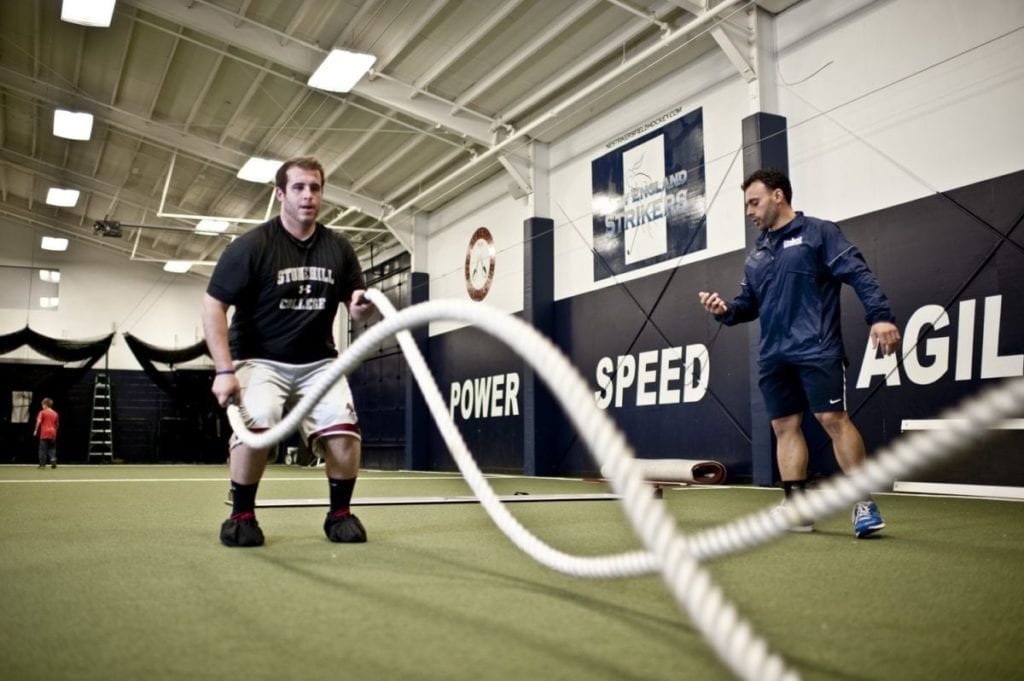
 What do Abraham Lincoln and LeBron James have in common? Perhaps more than just being tall.
What do Abraham Lincoln and LeBron James have in common? Perhaps more than just being tall.
When it comes to writing speeches, there's a lot we can learn from professional sports, according to Katherine R. Fleck of Ohio Northern University. Writing in the PR News Writer's Guidebook, she contends that there's a good deal of carryover between these two arts. As any sports fan knows, athletes don't just leap into a game with a blank slate; there's a lot of homework to do, and that doesn't simply include running sprints. Both athletes and speechwriters get great results by exhaustively studying the opposition, for example.
How to get into the mindset of training for professional speechwriting like an athlete? Fleck suggests these five ways:
1. The head game matters. Good speechwriters are always on the lookout for good material. By watching CEOs on television, listening to radio interviews, watching movies and reading a speechwriter develops a repertoire of phrases, analogies and metaphors.
2. Train the writing muscle. Professional athletes are always training. Even in the off-season, stars never stop working at their craft. The same is true for professional speechwriters. Even if you aren’t writing speeches everyday, try to do some level of professional writing everyday.
3. Develop a rhythm. When the pressure to write something spectacular on a quick deadline hits you, it helps to have a well-developed rhythm. If you write better in the quiet, establish the habit of closing your door when writing. If it helps to be surrounded by people, your local coffee shop may provide the best atmosphere. I love the library—it’s my security blanket. If I need information, insight or inspiration at my fingertips, the library provides.
4. Plan the end zone dance first. The most important and lasting legacy of a good speech is how the audience feels after it’s over. In that spirit, a good speechwriter considers what emotion the speech should evoke before writing the first word. If you put yourself in the audience (or the end zone) first, it will help balance fact-laden material with the necessary emotion.
5. It takes a team to win. Lean on those around you when writing speeches. Seek out and listen to input, ask for ideas and then do your research. I have learned that often the best insights come from unlikely sources. By utilizing the strengths of those on your team, your speaker and the audience will benefit.
Get your copy of the Writer's Guidebook
Follow Ian: @ianwright0101
